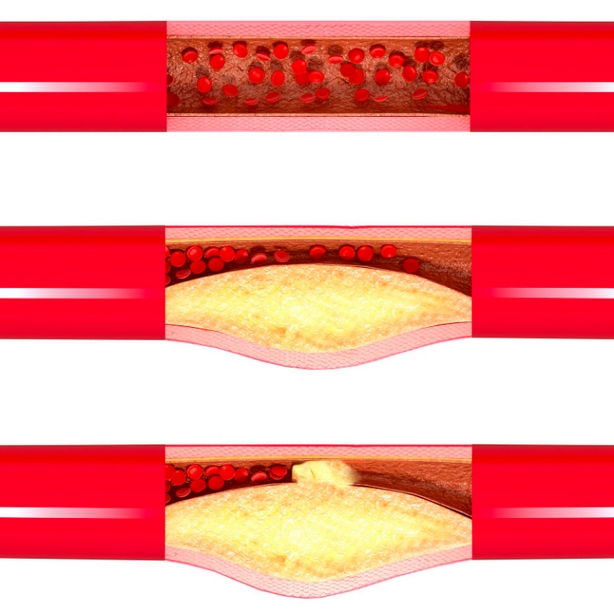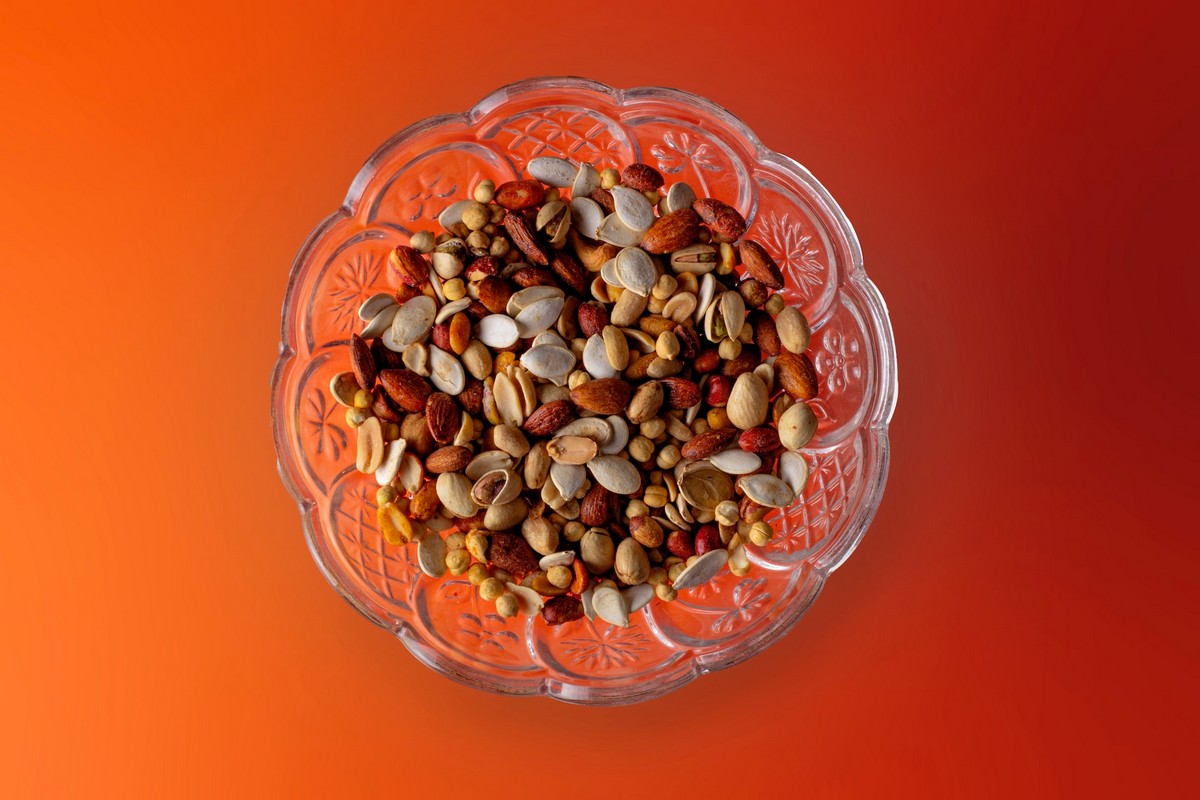How can consistent fibre intake help you improve your health?
Here are 4 great changes you’ll experience with consistent consumption.
1. You will lose weight, as you eat less during the day.
You’ve probably experienced that major sugar craving, which tends to happen in the middle of the work day.
And if you have a few pieces of chocolate or indulge in a cinnamon roll, you’ll feel good for a short while, followed by a sudden drop in energy and drowsiness.
After this, you naturally feel like you should have another bite of something to restore your productivity.
So, your day is filled with constant snacking without you even noticing it and over time your weight starts to slowly but steadily rise.
How can fibre help?
Fibre is also a type of carbohydrate, but unlike simple carbohydrates found in chocolate or cinnamon rolls, fibre has a much more complex structure and therefore takes longer to digest, so you feel full for longer.
Example: while a cinnamon roll makes you feel full for around 30 minutes, it takes 1.5–2 hours before you feel hungry again after having a bowl of oatmeal.
Therefore, by eating foods rich in fibre, you’ll feel full more consistently throughout the day and significantly reduce snacking, which is one of the keys to weight loss.
2. Fibre lowers the level of bad cholesterol
Cholesterol is a fatty substance circulating in the blood.
Cholesterol is essential for the body because it is used to build cells, but too much cholesterol is dangerous because it builds up on the inner walls of blood vessels, increasing the risk that they become clogged.

Clogged blood vessels can lead to life-threatening conditions such as a stroke or heart attack.
Fortunately, fibre can help you.
Soluble fibre binds excess LDL cholesterol (the so-called bad cholesterol that otherwise builds up on the walls of blood vessels) and carries it out of the body with stool.
By eating 5–10 g of soluble fibre a day, you can lower your cholesterol by up to 11 points (that’s really something!).
3. Fibre ensures smooth digestion
You’ve probably suffered from both constipation and diarrhoea in your life.
However, if you experience one or even both of these conditions daily, there might be a more serious problem in your digestive tract.
One common issue is an imbalance of good and bad bacteria in the gut.
Your stomach is dominated by the bacteria you feed more every day.
If you eat a lot of sweets, pastries, large amounts of meat and fast food, bad bacteria start to thrive.
In the worst-case scenario, these bacteria start feed on the protective mucus covering the inner lining of your intestine and eventually the intestinal wall itself, causing a range of inflammatory conditions from abdominal pain to ulcers.
Good bacteria, or probiotics, feed on fibre and you should eat diverse plant-based foods daily to support their predominance, as only plants contain fibre.
Good bacteria thriving in your gut will ensure that you have smooth digestion, easy elimination of waste, and good health in general.
4. Over time, your overall health improves
Fibre and good gut bacteria are not only important for digestion.
The composition of bacteria living in your gut also plays a significant role in the rest of your body and your health. A lot depends on bacteria, for example:
- the functioning of the immune system;
- the production of vitamins and hormones;
- mental well-being;
- skin condition.
So a fibre-rich diet is much more important than you may have realised and worth investing your time and energy in.
Start slowly when beginning to increase your fibre intake
As with everything in life, too much of a good thing at once is not actually good for you. This is also the case with fibre.
If your diet has been very low in fibre and mainly based on fast food, bread, white pasta, meat, and dairy products, you need to give yourself plenty of time to introduce fibre into your diet.
In particular, if the bacteria in your gut are not used to the new food and high amount of fibre, you may experience stomach pain, bloating, constipation, and gas. Therefore, it is important to increase the amount of fibre gradually.
The recommended average daily amount of fibre is 25 g for women and 35 g for men. It may take several months to work up to this amount. Start with small amounts and work your way up.
Elsavie’s fibre supplements are a great help here. They are easy to measure out and can be used to keep track of your daily fibre intake. Check out our product range in the Elsavie e-shop.
Sources used:
Central Control of Body Weight and Appetite
https://www.ncbi.nlm.nih.gov/pmc/articles/PMC2585760/
Brain Regulation of Appetite and Satiety
https://www.ncbi.nlm.nih.gov/pmc/articles/PMC2710609/
Cholesterol-Lowering Effects of Dietary Fibre: a Meta-Analysis
https://www.ncbi.nlm.nih.gov/books/NBK67753/
